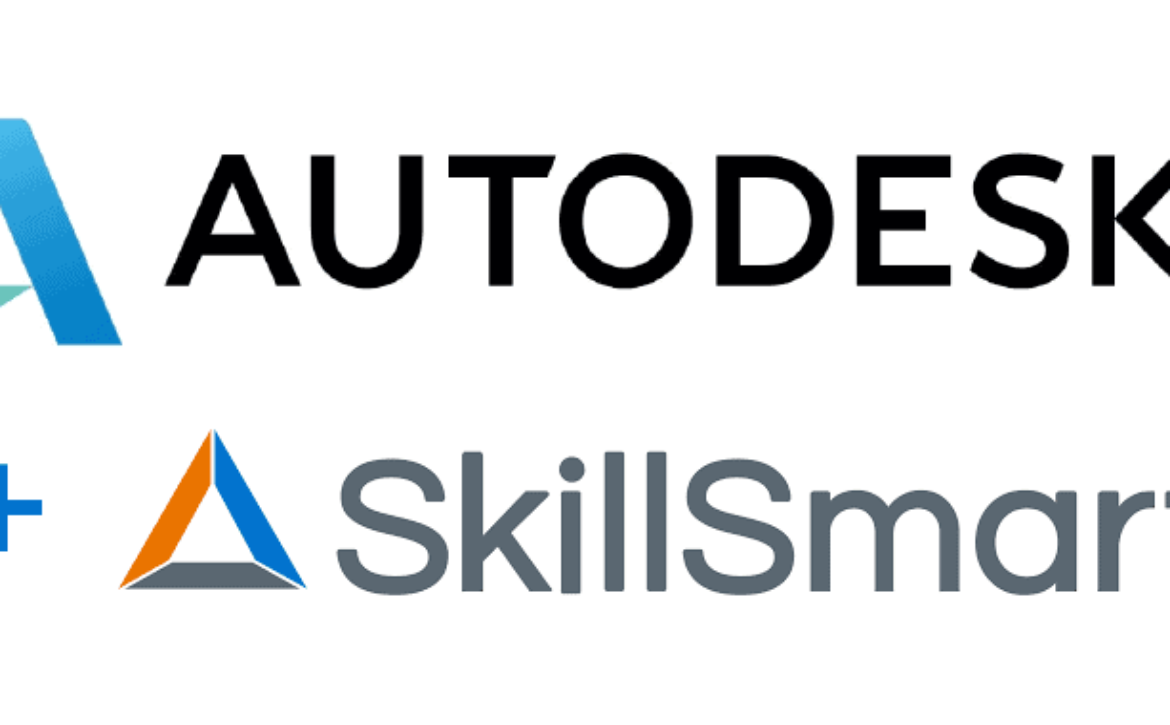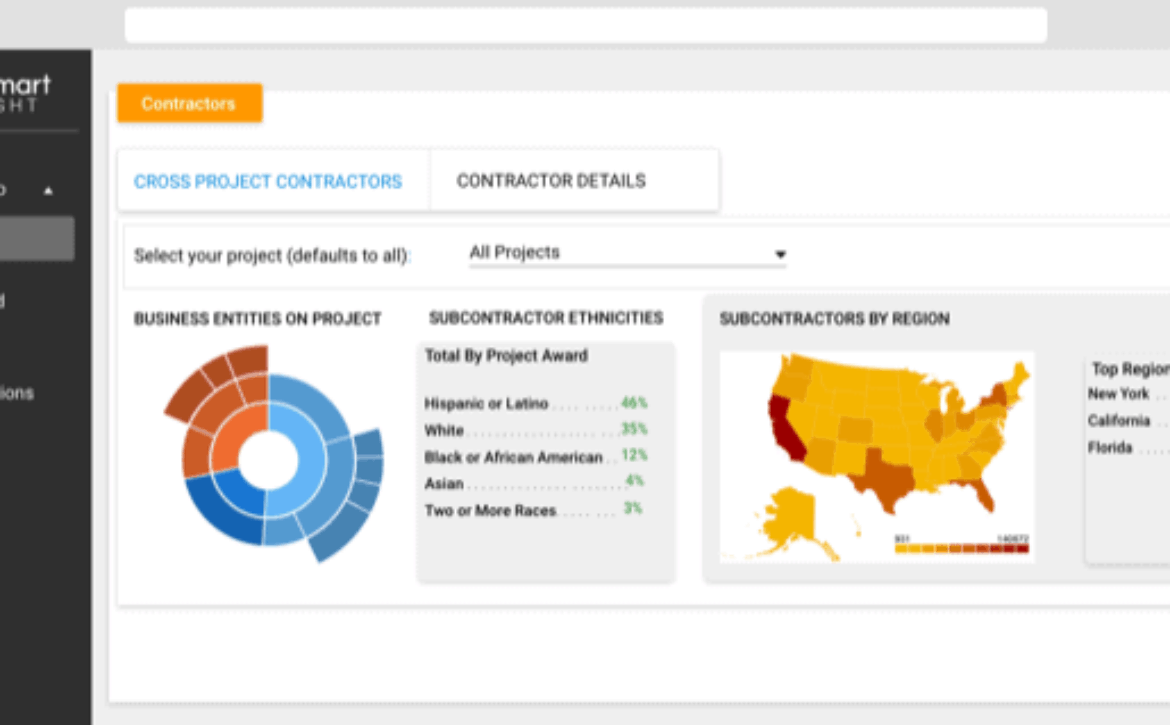New York Likely To Make Changes to Contractor Liability: How to Keep Your Team in Compliance
The state of New York is on the cusp of being the sixth state, joining California, Nevada, Maryland, New Jersey, and Virginia, to put a wage theft law into effect exposing General Contractors and subcontractors to significantly greater lability than before. The General Contractor Liability for Unpaid Wages Act (NY Senate Bill 2766), passed by New York State Senate and State Assembly in early June, shifts liability to GCs for wage theft cases on private construction projects.
What does this mean?
General Contractors are directly liable for unpaid wages owed to a worker by any subcontractor on any level of the project. The General Contractor could be liable for up to three years after a project has been completed, even if the wage theft was conducted by a subcontractor tiers down, unbeknownst to the GC. However, the General Contractor, under NY Senate Bill 2766, “may withhold payment to a subcontractor or lower-tier subcontractor for failure to provide certain payroll records.”
One potential consequence of this law could be the delay of payments by the General Contractors to subcontractors to allow time to confirm appropriate wage payments. Thus, it will be in the subcontractors’ best interest to be able to affirm appropriate wage payment in order to ensure timely payment of its award amount.
How can we help?
SkillSmart understands the intricacies of tracking data, as well as how to report on it efficiently. That’s why we’re the only solution that provides complete visibility throughout all of your project tiers. Not only that, Insight offers proactive notifications on potential wage rate issues, missing data, and more.
Utilized by owners and General Contractors across the country, SkillSmart InSight allows all project tiers to enter their employee and payroll information to ensure accurate notification of wage data. Utilizing a proactive notifications system and reporting on the underlying data and potential non-compliance. InSight provides unmatched visibility down the project tier – allowing identifications of issues in real-time for every subcontractor on the job.
InSight can be accessed from anywhere – job site, office, on the road, and is a secure location to store company, employee, contract, and business data, for one or multiple projects. InSight is the only comprehensive construction solution for labor, MWDBE participation, and business compliance tracking. Whether your projects have state, federal, local, or internal goals that your organization is committed to achieving, InSight gives you the real-time data to ensure your project meets every requirement.
General Contractors that could be liable under the New York law should deploy InSight, as it will give real-time confirmation that each subcontractor, at any tier, is paying the appropriate wage for salaried and 1099 workers. Without a tool like this, a GC will be forced to withhold subcontractor payment and take on the expense of retaining records, for up to three years, if an employee at any tier would bring a claim for unpaid wages.
To learn more about how InSight can help you simplify your project team’s compliance efforts and track goals to meet every owner’s expectations, request a personalized demo today.
Learn More













 First published by
First published by 
 First published by
First published by